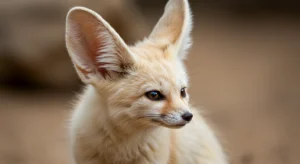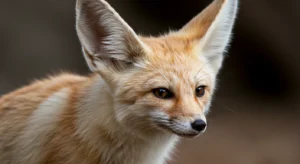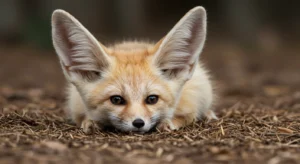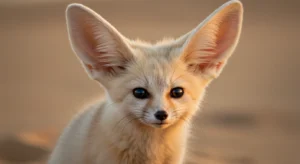How Much Do Fennec Foxes Cost?
Owning a fennec fox involves a substantial financial commitment that goes far beyond the initial purchase price. Potential owners must budget carefully for setup, ongoing care, and potential emergencies. Understanding the full cost of owning a fennec fox is critical before bringing one home.
Initial Purchase Price
The cost of acquiring a fennec fox from a reputable breeder is significant. Prices typically range from **$2,000 to $5,000 or even higher**. Factors influencing this price include:
- Breeder reputation and location.
- The fox’s age (babies are usually more expensive).
- Lineage and temperament characteristics.
- Demand and availability.
Breeder Choice: Always choose a USDA-licensed breeder who prioritizes the health and socialization of their animals. Avoid “bargains” which may indicate poor conditions or illegal sales.
Enclosure & Setup Costs
Creating a safe and enriching environment for a fennec fox requires a significant upfront investment. They cannot simply live free-roam like a cat or dog.
- Enclosure: A large, secure enclosure is essential. This could be a custom-built indoor/outdoor setup or a modified large wire cage (like a Ferret Nation cage, often needing reinforcement). Costs can range from **$300 to $1,500+**. Outdoor enclosures must be fully enclosed (top and bottom) to prevent digging out or climbing over.
- Furnishings: Bedding, hide boxes, climbing structures, tunnels, and a large litter box or digging box add **$100 – $300+**.
- Supplies: Food and water bowls, harnesses/leashes (for supervised outings), toys, and initial food supply can cost **$50 – $150**.
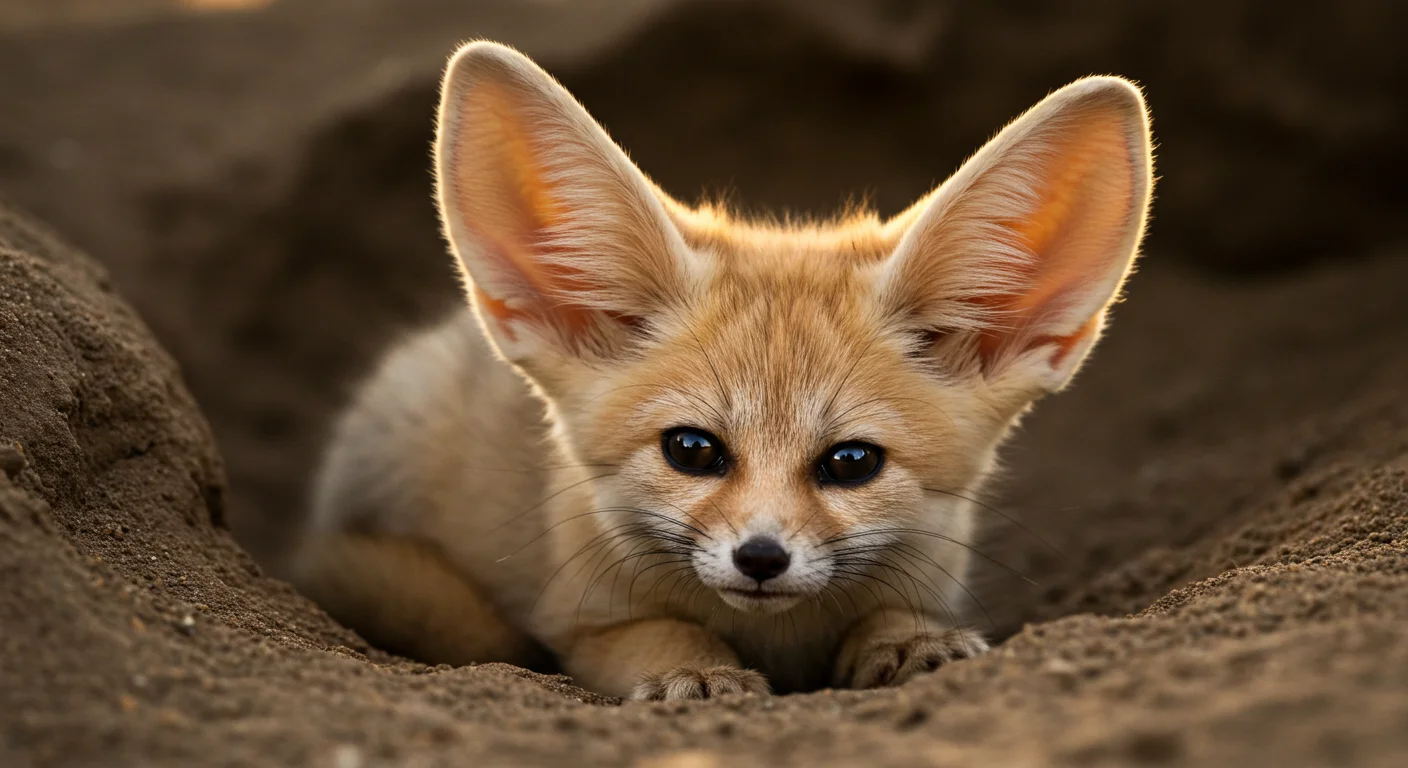
Ongoing Expenses
Monthly and annual costs add up quickly:
- Food: High-quality wild canid diet, supplemented with insects (crickets, mealworms), vegetables, fruits, and occasional raw meat/eggs. Expect **$50 – $150+ per month**.
- Supplements: Calcium and vitamin supplements may be needed depending on diet, adding **$10 – $20 per month**.
- Litter/Substrate: If using litter boxes or digging boxes, costs vary based on type, potentially **$20 – $40 per month**.
- Toys & Enrichment: Replacing worn toys and providing new enrichment items might cost **$10 – $30 per month**.
- Potential Property Damage: Budgeting for repairs due to digging or chewing is wise.
Veterinary Care Costs
Finding an exotic vet experienced with fennec foxes is crucial and often more expensive than standard vets.
- Initial Checkup & Vaccines: **$150 – $400+**. Standard canine vaccines are often used, but require vet expertise.
- Annual Wellness Exams: **$100 – $300+**.
- Spay/Neuter: Highly recommended to reduce scent marking and potential aggression. Can cost **$300 – $800+** due to specialized anesthesia needs.
- Emergency Care: Exotic animal emergencies can easily run into **thousands of dollars**. Pet insurance for exotics might be an option but can be costly with limitations. Proper fennec fox medical information emphasizes preventative care.
The Total Investment
Here’s a rough estimate, though individual costs vary widely:
| Cost Category | Estimated Cost Range |
|---|---|
| Initial Purchase Price | $2,000 – $5,000+ |
| Setup (Enclosure, Supplies) | $450 – $1,950+ |
| First Year Vet Care (incl. Spay/Neuter) | $550 – $1,500+ |
| Estimated First Year Total | $3,000 – $8,450+ |
| Annual Ongoing Costs (Food, Vet, Supplies) | $1,000 – $3,000+ per year |
This table doesn’t include potential emergency vet bills or costs associated with permits if required in your area. The fennec fox price range for the animal itself is just the beginning.
Conclusion: A Significant Expense
Owning a fennec fox is a major financial undertaking, easily costing several thousand dollars in the first year and over a thousand dollars annually thereafter. Potential owners must be prepared for both the expected costs and the possibility of expensive emergencies. Financial readiness is as important as understanding their complex care needs.
Cost estimates are based on general market knowledge and exotic pet care standards. Specific breeder and veterinary costs can vary significantly.
